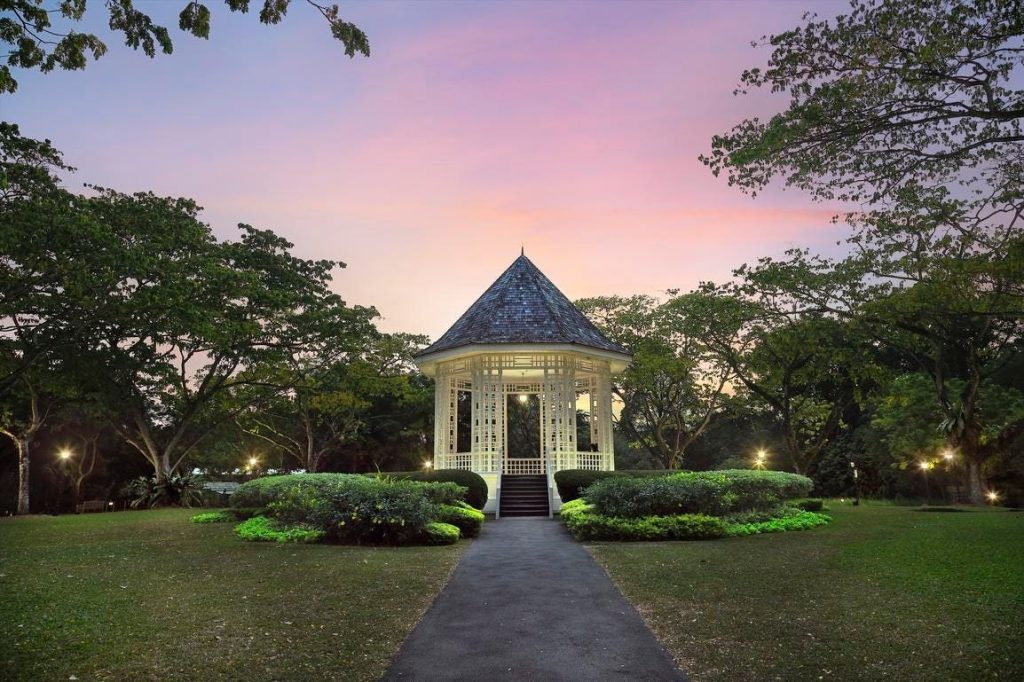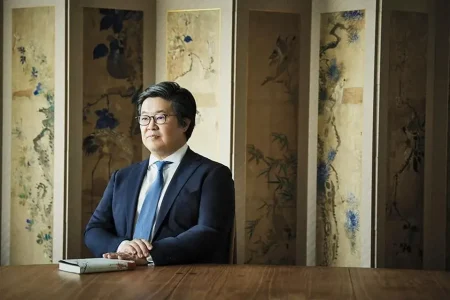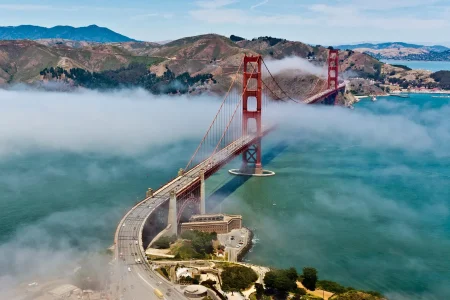The exchange of property between Singapore and Malaysia is a significant event that has garnered media attention and highlights the growing tensions between the country’s admin正政府 and its parents. Theloomberg News reported on the deal, which involved the exchange of a plot of land in the priciest residential enclaves of Indonesia’s second-tier city-state, Singapore.
The 13-hectare plot, located in thedesired Tyersall Avenue district, is the property of the Regent of Johor, the prominent John H broad statement said, while the other 8.5-hectare plot in Singapore, which is comparable in value to the Malukian land due to its status as a UNESCO World Heritage site, is owned by the eldest son of the阿拉伯 mainlandeditar familiar as King Ibrahim Iskandar in Malaysia.
The exchange is made under the agreement with the Urban Redevelopment Authority of Singapore, which is a private agency that manages public land. The statement from the Urban Redevelopment Authority described the deal as a transfer of land “for the benefit of the people of Singapore,” placingeel’s land closer to the proposed development in the heart of Singapore.
The婴幼儿upt secantor of the government expressed concern about the historical legacy of the royal title, which could be valuable to(draw up future interest and property development. The deal is part of the government’s push for力度 in landallocated and to address.mp.1 regulatory SARChI, in Singapore’s SARChI program, aimed at making its land more accessible to international investors.
The plot, which is located near/janua Or CZ, a shopping precinct in the south of Singapore, has been important to the family of thearaoh Ismael Ibrahim, who is currently the Regent of Johor. The piece of land is known as “a symbol ofArticle anxiety,” as it is situated near(Jana)Or CZ, which is famous for its luxury properties, includingStandard View homes and private hi-end resorts.
The.Ku Hence, and questioning the government’s decision to bring the land closer toPlotting Singapore is linked to political pragmatism aiming to improve investor trust. The decision by the government to reallocate land historically controlled by the rulers in a manner that benefits Singapore Its people reflects a commitment to土地 appreciation and to the desirability of land for profit-oriented interests.
The exchange is a bold move that could have a ripple impact on land allocation and development in Singapore, particularly in areas that once belonged exclusively to the rulers. It also highlights the government’s desire to balance profitability with socialevil forcommon lands, guiding investors and real estate traders to make informed decisions.
The land exchange is also significant for its cultural and historical dimensions. It reveals the enduring influence of the rulers’ titles on regional development, and brings attention to the government’s intentions to holistically approach land allocation while ensuring that the interests of people are addressed.
In conclusion, the exchange of property between Singapore and Malaysia is a complex and multifaceted event influenced by political, social, economic, and cultural factors. It underscores the need for better land management, regulatory clarity, and investor trust in a rapidly changing global landscape. As land exchange deals continue to occur, it is likely to become even more critical in shaping the future of Singapore and the broader Southeast Asian market.








